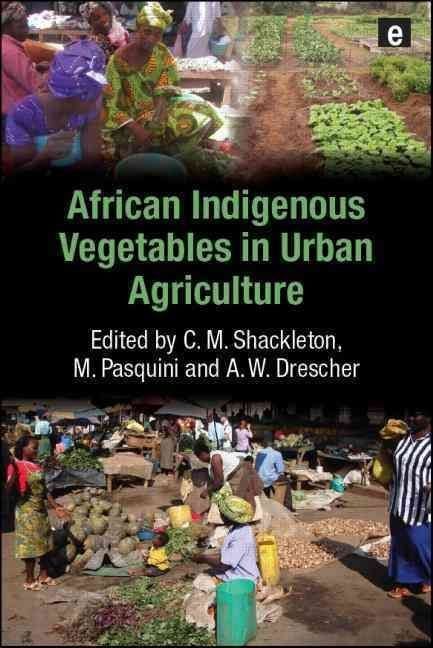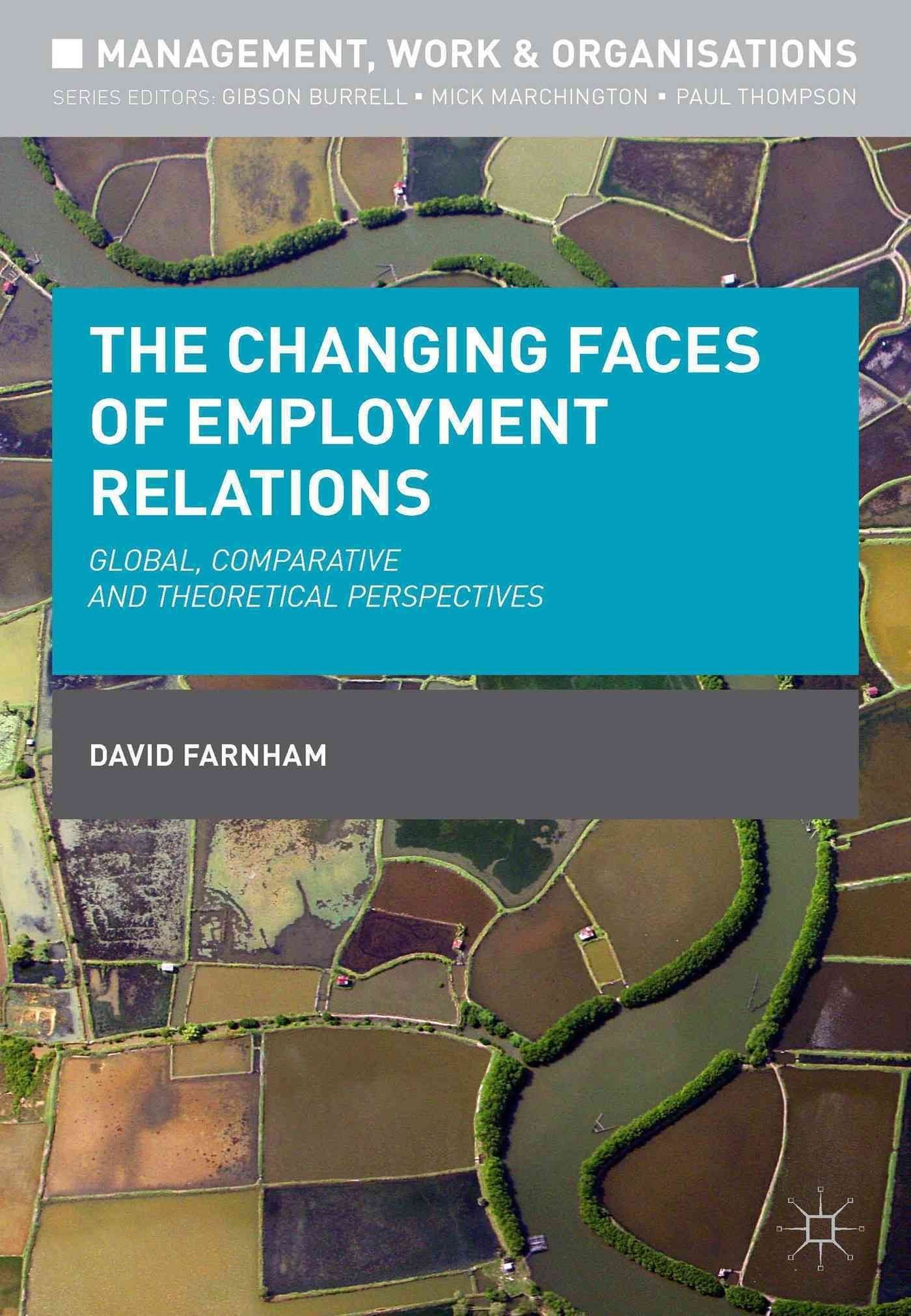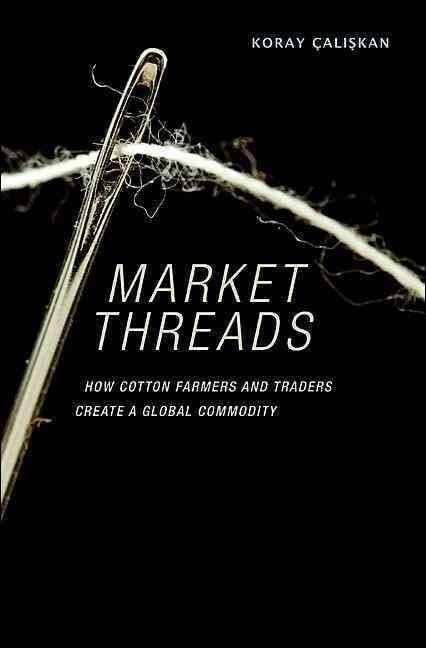This book provides a comprehensive synthesis of current knowledge of the potential and challenges associated with the multiple roles, use, management and livelihood contributions of indigenous vegetables in urban agriculture in sub-Saharan Africa. There has been growing research and policy effort around urban agriculture in the region over the last two decades, but never has it been integrated with work on under-researched crops such as indigenous vegetables. These species have multiple advantages, including low input requirements, adaptability to African environments, high nutritional value and marked biodiversity, cultural and local food security significance. Yet they are overlooked in the modern world, where recent emphasis has been directed to growing a limited range of exotic crops, both for internal markets and for export to developed country markets. This book provides evidence that, in spite of this neglect, in many African cities indigenous vegetables are still widely used, cultivated and marketed. It goes on to consider their potential to contribute to income generation and poverty alleviation of the growing numbers of urban dwellers in sub-Saharan Africa, whilst promoting urban greening and sustainability. Based on critical analysis of the debates it presents a multidisciplinary analysis of the realities and future opportunities.












